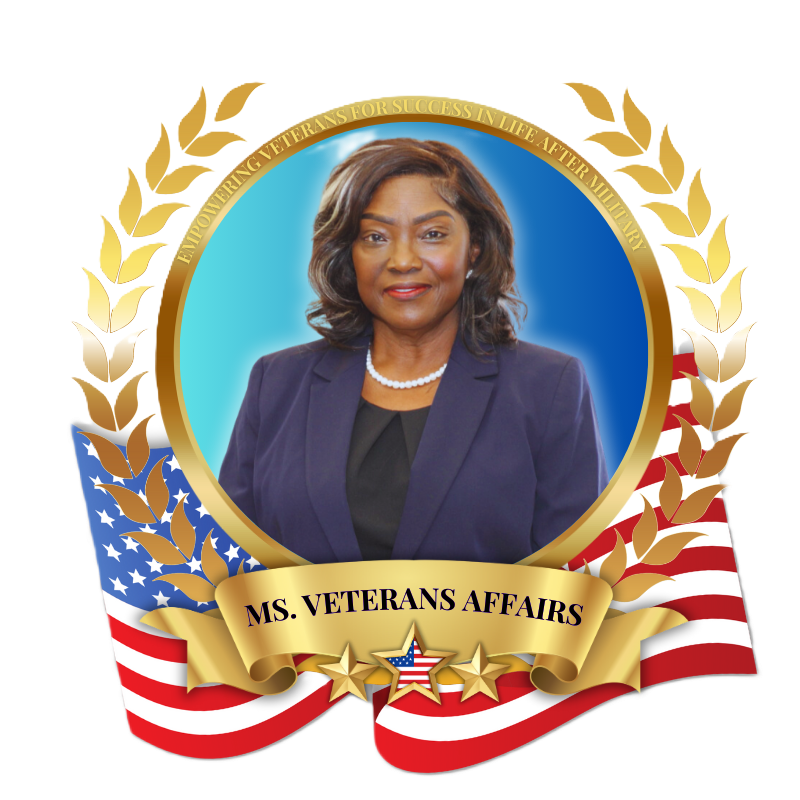Mark’s Advocacy for Sustainable Funding in Veteran Programs
🎖️ Summary Notes
When Mark receives a late-night call asking him to help defend the funding of veteran programs, he feels the weight of responsibility settle in. Still struggling to find his footing post-military, he’s hesitant—but something tells him to say yes. What begins as an act of support quickly turns into a journey of empowerment. Guided by Ms. Veteran Affairs, Mark learns how to transform his lived experience into powerful advocacy. Together, they mobilize communities, influence decision-makers, and fight for sustainable funding—reminding veterans everywhere that their voices aren’t just valuable—they’re vital.
☞☞ Click here to read the full blog post!!
🏅 Key Themes
-
From Recipient to Advocate: Veterans like Mark are not just beneficiaries of programs—they can be the most powerful defenders of them.
-
Sustainable Funding is a Community Effort: Long-term support for veteran programs relies on persistent outreach, strong partnerships, and cross-sector collaboration.
-
Lived Experience = Political Power: Firsthand stories resonate more than statistics—they humanize policies and bring urgency to legislative priorities.
-
Strategic Advocacy: Change requires more than passion—it takes planning, relationship-building, and knowing how funding channels work.
-
Collective Action: Individual stories become transformative when linked to a larger movement of unified veteran voices.
🏅 Discussion Questions
-
What are the primary challenges faced by veteran programs in securing sustainable funding, and why is it important for veterans to advocate for these programs?
-
How did Mark’s transition from being a passive participant to an active advocate demonstrate the power of veterans’ voices in influencing policy and funding decisions?
-
Ms. Veteran Affairs emphasizes the importance of partnerships with corporations and nonprofits. How can veterans leverage these relationships to ensure continued support for veteran programs?
-
What role does personal experience play in advocating for change, as demonstrated by Mark’s involvement in the funding campaign?
-
In what ways can other veterans, especially those new to civilian life, contribute to the movement for securing sustainable funding for veteran services? How can they make their voices heard effectively?
🏅 Action Steps for Veterans & Families
📢 Share Your Story: Start local—write letters, speak at community forums, or participate in veteran center discussions to put a face to the issue.
📈 Learn How Funding Works: Familiarize yourself with how VA funding, nonprofit grants, and local/state resources are allocated. Knowledge is power.
🤝 Build Relationships with Lawmakers: Schedule meetings or attend town halls to discuss the importance of continued support for veteran services.
🧩 Partner with the Private Sector: Reach out to businesses with veteran initiatives. Invite them to contribute to community-based programs through grants or sponsorships.
📣 Organize a Campaign: Use social media, local news, and events to amplify the cause. Encourage other veterans to get involved.
📝 Keep a Funding Tracker: Monitor which programs are receiving support, which are at risk, and when advocacy is needed most.
🏅 Reflection
Mark’s journey from uncertainty to leadership is a testament to the quiet revolution that happens when veterans reclaim their narrative. By stepping into advocacy, he not only preserved resources for others but rediscovered his own purpose. Through Ms. Veteran Affairs’ mentorship, Mark’s voice became a rallying cry for sustainable change. His story reminds us that defending veteran programs isn't just policy work—it's personal. It's about making sure no veteran is left behind because of a budget cut. And when one voice speaks up, others follow.
☞ Read the full story in Ms. Veteran Affairs on Building Sustainable Funding for Veteran Programs and learn how your voice can protect the future of veterans’ services.

